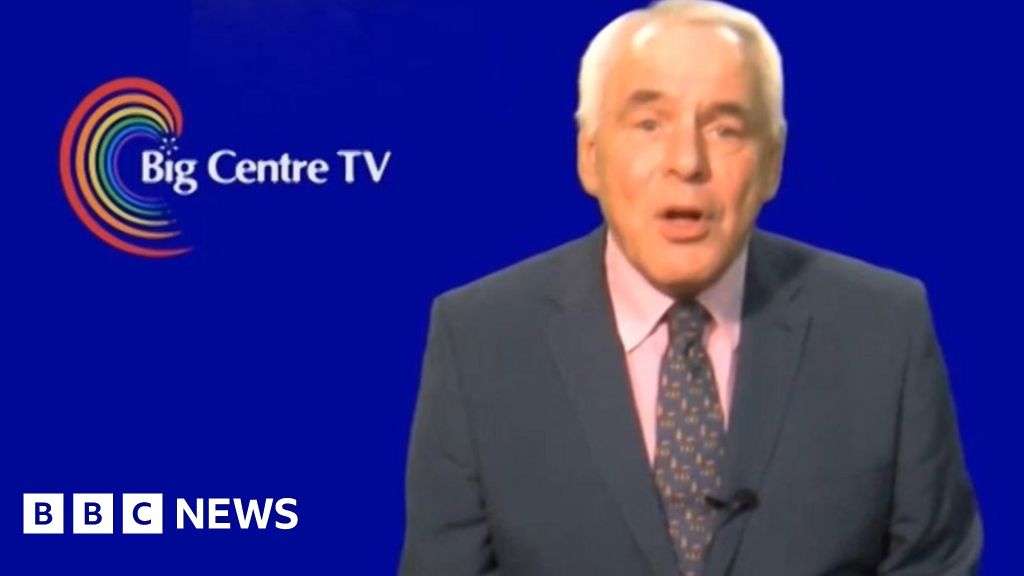UK 'to Scrap Local TV Roll-out'

 Image copyright
Big Centre TV
Image copyright
Big Centre TV
Media regulator Ofcom has proposed scrapping the further roll-out of local TV channels across the UK, citing concerns over "economic viability".
More than 30 local TV stations have already been set up in the UK as part of a plan laid out in 2011 by then culture secretary Jeremy Hunt.
But several of the channels have faced financial difficulties and have struggled to attract an audience.
Ofcom has now proposed scrapping the roll-out of further local channels.
"Requiring new infrastructure to be built for additional local TV channels is not, in our current view, economically viable. It could also undermine the many local services already on air," a spokeswoman said.
Mr Hunt's vision was for major towns and cities in the UK to have their own local TV stations.
The business model is successful in the US, but local stations there are usually affiliated with a larger television network such as Fox or NBC.
In May 2012, companies were invited to apply for a licence to broadcast in major cities including Belfast, Cardiff, Glasgow and London.
Money was taken from the TV licence fee to finance some start-up costs, including the cost of building transmission infrastructure.
Successful bidders were given a prominent channel number on digital terrestrial television (Freeview), but they were also obliged to produce a quota of local news as part of their licence agreement.
Since the first service launched in 2013:
- several stations - including the capital's service London Live - have asked Ofcom to reduce their local news obligations
- many of the stations have been ridiculed for the poor quality of their output or have been reported to Ofcom for breaching broadcasting rules
- several stations have merged operations and now broadcast non-local programmes to save money
STV won the broadcast licence for several cities in Scotland including Glasgow, Aberdeen and Ayr. However, its local STV2 service is loss-making and in March the company said it was conducting a "strategic review" of its operations.
Ofcom had identified 13 further locations as local TV candidates, but said it was now minded to end the roll-out.
"Most licences for locations with a household coverage of under 50,000 have not managed to attract viable applications," it said in its statement.
It also suggested the cost of building transmission infrastructure was prohibitive, since the BBC was no longer required to fund it.
Ofcom has invited companies to respond to its proposals.
From Chip War To Cloud War: The Next Frontier In Global Tech Competition
The global chip war, characterized by intense competition among nations and corporations for supremacy in semiconductor ... Read more
The High Stakes Of Tech Regulation: Security Risks And Market Dynamics
The influence of tech giants in the global economy continues to grow, raising crucial questions about how to balance sec... Read more
The Tyranny Of Instagram Interiors: Why It's Time To Break Free From Algorithm-Driven Aesthetics
Instagram has become a dominant force in shaping interior design trends, offering a seemingly endless stream of inspirat... Read more
The Data Crunch In AI: Strategies For Sustainability
Exploring solutions to the imminent exhaustion of internet data for AI training.As the artificial intelligence (AI) indu... Read more
Google Abandons Four-Year Effort To Remove Cookies From Chrome Browser
After four years of dedicated effort, Google has decided to abandon its plan to remove third-party cookies from its Chro... Read more
LinkedIn Embraces AI And Gamification To Drive User Engagement And Revenue
In an effort to tackle slowing revenue growth and enhance user engagement, LinkedIn is turning to artificial intelligenc... Read more

